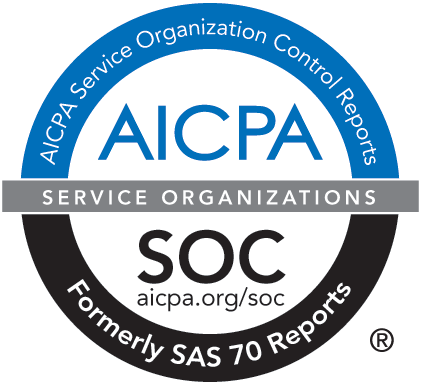Tools of the Trade
January 28, 2019 - A good carpenter has a variety of tools in their belt. A great carpenter knows when and how to use them. When HighGround works to protect, strengthen and grow the assets of nonprofit organizations, our experts can be likened to great carpenters. We sat down with an expert in each of our service lines to discuss the most important tools of their trade.
Asset Management
When she’s away from the office, Kellie Morrison, Vice President of HighGround Trust Company and Investment Officer, can be found horsing around at Equest. Equest is a nonprofit organization dedicated to enhancing the quality of life for children and adults with diverse needs. As an avid horse rider and volunteer, Kellie knows what is needed to make a smooth ride on the trail.
“There is the one combination of horse, rider, equipment, environment and temperaments that, when combined, results in the sweetest ride,” she said.
Kellie believes asset management can be a sweet ride, too, if the right tools are implemented. She believes, as our investment philosophy states, that the most important tool in asset management is asset allocation.
“It is the most important decision that an investor makes, and it is unique to each investor’s individual situation,” she said.
As an organization, we believe that asset allocation is the single largest driver of investment risk and performance. We advocate for a diverse portfolio across the full, global opportunity set of investments in public and private markets, which improve risk-adjusted performance.
Gift Planning
Knowledge is power. In gift planning, knowledge is the most important tool.
“Knowledge is the core element of gift planning,” Joe Hancock, Vice President and General Counsel for HighGround Advisors, said. “Knowledge of the opportunities that exist and how to then creatively assemble all of those factors into a plan that works for the donor and works to achieve their charitable objective.”
Knowledge is key to unlocking gift planning because of the vast giving opportunities available to donors.
“Some opportunities are made available by the laws that have created them, such as gift annuities and charitable trusts or other ways you can convey assets to charity in a tax-advantaged way,” Joe said. “Being familiar with the opportunities that are specific and defined, knowing the mechanics of them, knowing when they fit a donor’s circumstances tax-wise, asset wise and so forth is essential.”
Gift planning also provides opportunities for flexibility and, sometimes, creativity.
“Occasionally we will structure something out of whole cloth where it may be that some of those specific tools aren’t a great fit,” Joe said. “We can jump out of the box and put together something custom. A revocable trust, an addition to their will or a living trust, where we have shaken off the bonds of strictly-defined giving vehicles.”
Joe likened gift planning to setting up a campsite. A tent, a cookstove and a lantern are all required tools for camping, which is similar to traditional giving vehicles. If you’re looking to get creative, say like starting your campfire from scratch, that is also an option in gift planning – designing a unique solution that works in the best interests of the donor.
“Knowledge is probably the foundational element to be able to look across the horizon of opportunities,” Joe said. “Knowing how to combine tools or opportunities with the donor’s wishes, their wants, their tax needs, their asset mix that they have available. Ultimately, you combine that with what they are wanting to accomplish for charitable purposes – their heart for a given ministry or organization they want to serve through their philanthropy and generosity.”
Account Support Services
To Jada Jung, family matters. When her daughter walked into American Airlines Center last summer to help HighGround compete in Dallas’ Dodge for a Cause event, it was obvious that Jada’s family is a strong source of light in her life.
At work, it isn’t much different.
Jada leads HighGround’s team of client account administrators, who serve as the daily point of contact for our clients on all of their account service needs.
Their focus is to provide the highest level of client support. Account support services is involved in all aspects of account administration including managing client accounts, financial reports, preparing tax returns, financial calculations and presentation materials; all of which can generate a lot of questions.
“Our team is focused on our clients and creating a positive client experience. We take the opportunity to get to know our clients, listen to their needs and find solutions,” Jada said. “By creating strong relationships, the team provides a level of support the clients can rely on; this allows our clients to focus on furthering their mission.”



